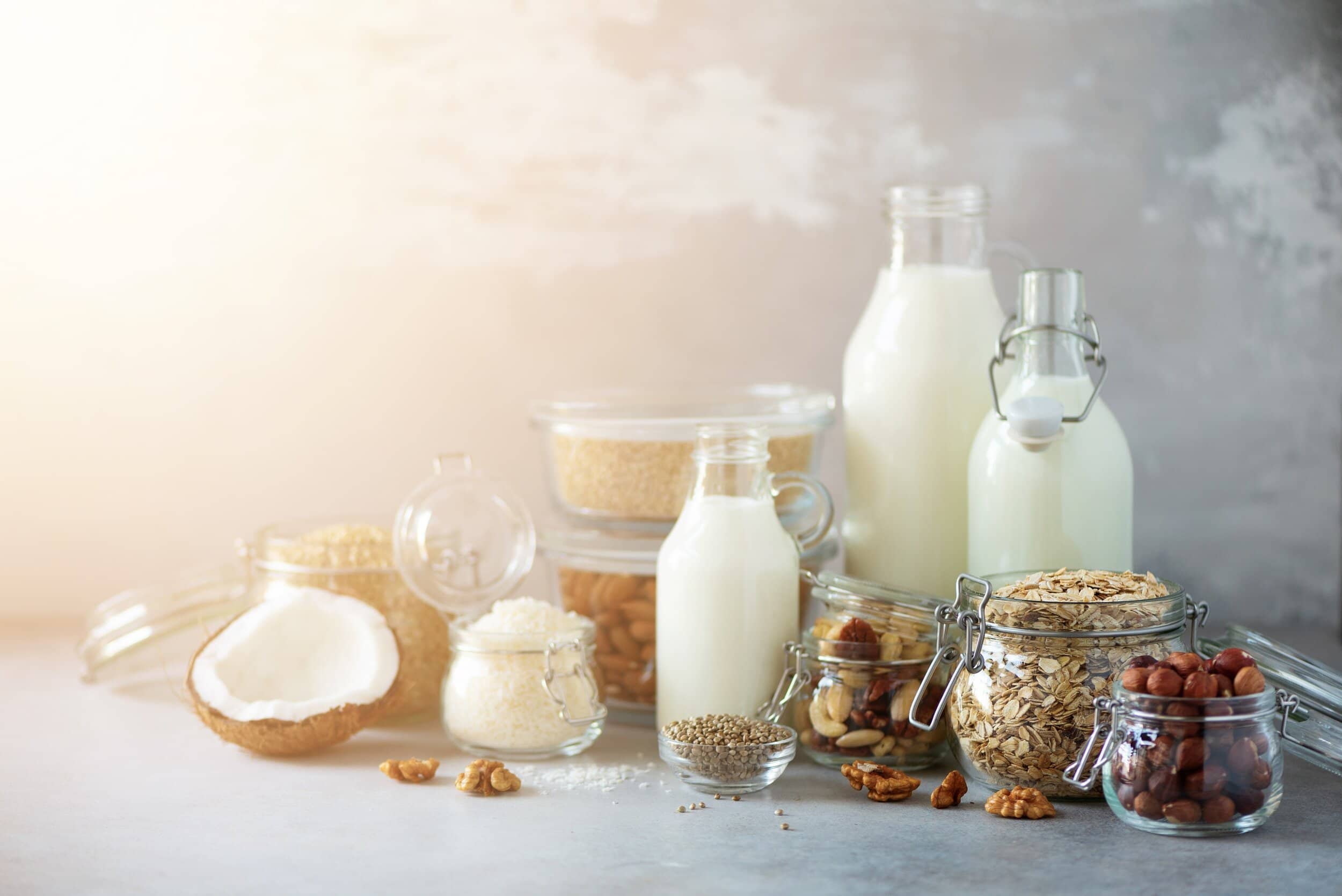Long gone are the days when vegans would struggle to find dairy-free milk for their cup of tea.
Instead, there’s now a variety of options, from almond and soy to the increasingly popular oat milk. And they don’t just cater to vegans, but to the growing community of people living a more plant-based life.
Concerns have been raised over how environmentally friendly almond and soy milk are, almond in particular requires huge amounts of water to produce. And while soy is considered safe to consume in moderation, there are questions about the plant hormones that can be found in it, and what they can do to your body.
You don’t have to limit yourself to almond and soy milks though – there’s a huge range of other plant-based alternatives to choose from.
Here are some you might not be familiar with – and if you can’t get them at your local supermarket or online, they’re pretty easy to make at home…
Hemp milk
Hemp milk is a great alternative for anyone with nut allergies. Made from the hemp plant, it has an earthy, nutty flavour and doesn’t separate when added to hot drinks, so is the perfect option for tea or coffee.
There are plenty of health benefits too; it’s full of protein and calcium, plus is a good source of iron and zinc.
It’s incredibly simple to make at home – all you need is a high speed blender, hemp seeds and water. For quantities, check out the Minimalist Baker’s recipe.
Tiger nut milk
Don’t be fooled by the name: tiger nuts aren’t actually nuts. Instead, they’re part of the tuber fami
ly and grow underground with a tiger-stripe pattern – hence the name.
Tiger nuts aren’t new – they’ve been used since ancient Egyptian times – and when made into milk, have a creamy, nutty flavour. They’re a growing favourite in the health community for being a so-called ‘superfood’, as it’s packed with antioxidants and is high in fibre.
To make your own, you’ll have to first source some tiger nuts (try online). The process is very similar to making almond milk: soak the tiger nuts, whizz them up with water and some flavourings, and strain through a muslin cloth. Check out Rude Health’s recipe here.
Pea milk
Despite what you might think, pea milk isn’t made from the green podded variety. Instead, it comes from yellow split peas, a legume – but don’t be put off by the slightly yellow tinge to the milk.
It’s full of protein – which provides essential building blocks for the body – as well as calcium, which can help boost bone health. Pea milk is also thought to be relatively environmentally friendly.
Making your own pea milk follows the same template as the others – check out this recipe from The Life With Lily.
Quinoa milk
Quinoa milk might sound like peak hippy vegan talk, but it’s very much a thing and is worth a try. Quinoa is a complete protein – which means it contains all nine essential amino acids – and is packed with lysine, which is needed to form collagen, so is great for your skin.
Admittedly, quinoa milk has a more distinctive taste than some of the other alternatives. So while it might not be the best option for your coffee, it’s good in sweet recipes like milkshakes or puddings.
Check out Naturally Nourished Nour’s recipe, which has a plain version as well as a spiced alternative.
